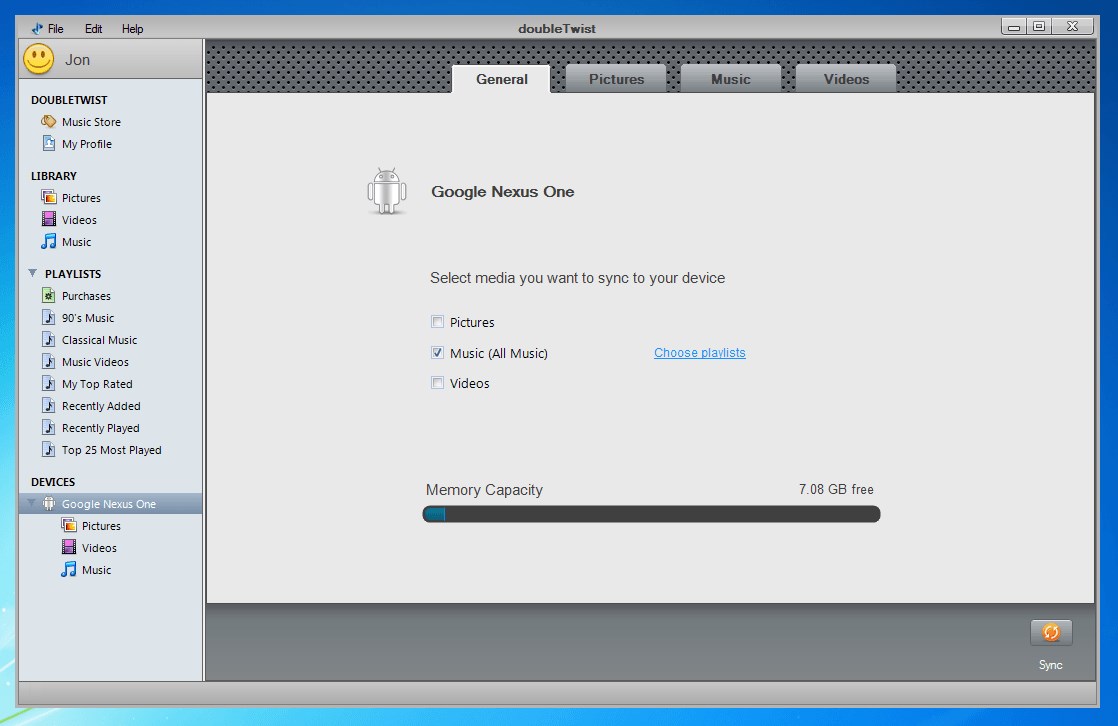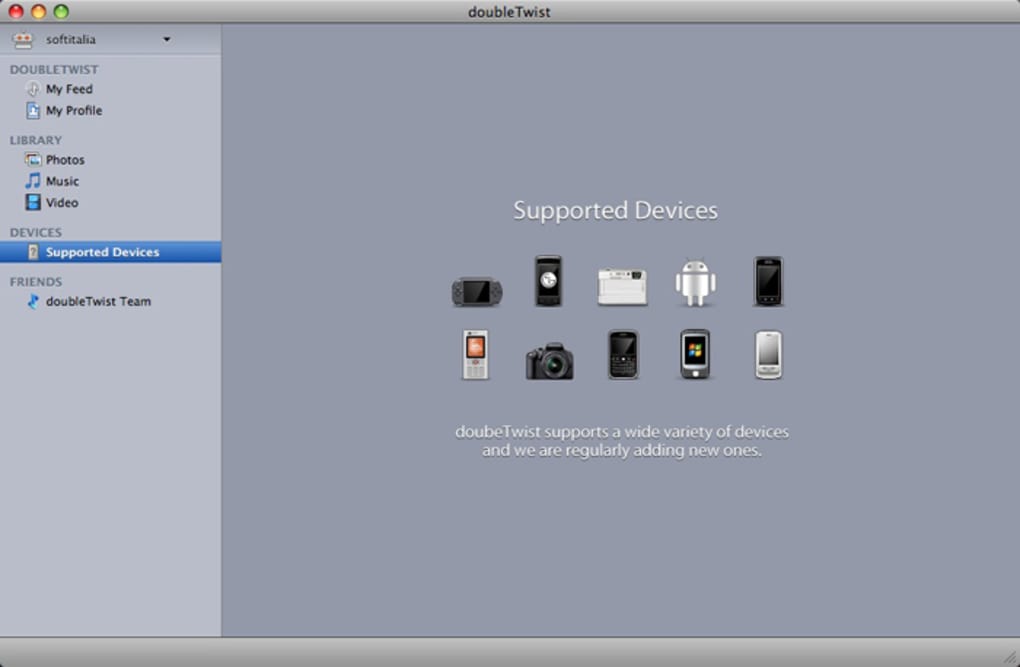

“The update will now result in the correct classification of applications as bundles and ensure that untrusted, unnotarized applications will (yet again) be blocked, and thus the user protected,” he told TechCrunch. Wardle described the bug as rendering macOS’ security features as “wholly moot.” He confirmed that Apple’s security updates have fixed the bug.

#Double twist for mac osx code
But Owens found that taking out this property file and building the bundle with a particular structure could trick macOS into opening the bundle - and running the code inside - without triggering any warnings. In simple terms, macOS apps aren’t a single file but a bundle of different files that the app needs to work, including a property list file that tells the application where the files it depends on are located.

The bug meant that macOS was misclassifying certain app bundles and skipping security checks, allowing Owens’ proof-of-concept app to run unimpeded. In a technical blog post today, Wardle explained that the vulnerability triggers due to a logic bug in macOS’ underlying code. Owens asked Mac security researcher Patrick Wardle to investigate how - and why - the bug works. Apple also patched earlier macOS versions to prevent abuse, and pushed out updated rules to XProtect, macOS’ in-built anti-malware engine, to block malware from exploiting the vulnerability. (Image: supplied)įearing the potential for attackers to abuse this vulnerability, Owens reported the bug to Apple.Īpple told TechCrunch it fixed the bug in macOS 11.3. The proof-of-concept app disguised as a harmless document running on an unpatched macOS machine. But a malicious attacker could exploit this vulnerability to remotely access a user’s sensitive data simply by tricking a victim into opening a spoofed document, he explained. Owens built a proof-of-concept app disguised as a harmless document that exploits the bug to launch the Calculator app, a way of demonstrating that the bug works without dropping malware. “All the user would need to do is double click - and no macOS prompts or warnings are generated,” he told TechCrunch. Owens told TechCrunch that the bug allowed him to build a potentially malicious app to look like a harmless document, which when opened bypasses macOS’ built-in defenses when opened. And if macOS hasn’t reviewed the app - a process Apple calls notarization - or if it doesn’t recognize its developer, the app won’t be allowed to run without user intervention.īut security researcher Cedric Owens said the bug he found in mid-March bypasses those checks and allows a malicious app to run. Indeed, macOS flags potentially malicious apps masquerading as documents that have been downloaded from the internet. Over the years, Macs have adapted to catch the most common types of malware by putting technical obstacles in their way. Worse, evidence shows a notorious family of Mac malware had been exploiting this vulnerability for months before it was subsequently patched by Apple this week. Apple has spent years reinforcing macOS with new security features to make it tougher for malware to break in. But a newly discovered vulnerability broke through most of macOS’ newer security protections with a double-click of a malicious app, a feat not meant to be allowed under Apple’s watch.


 0 kommentar(er)
0 kommentar(er)
